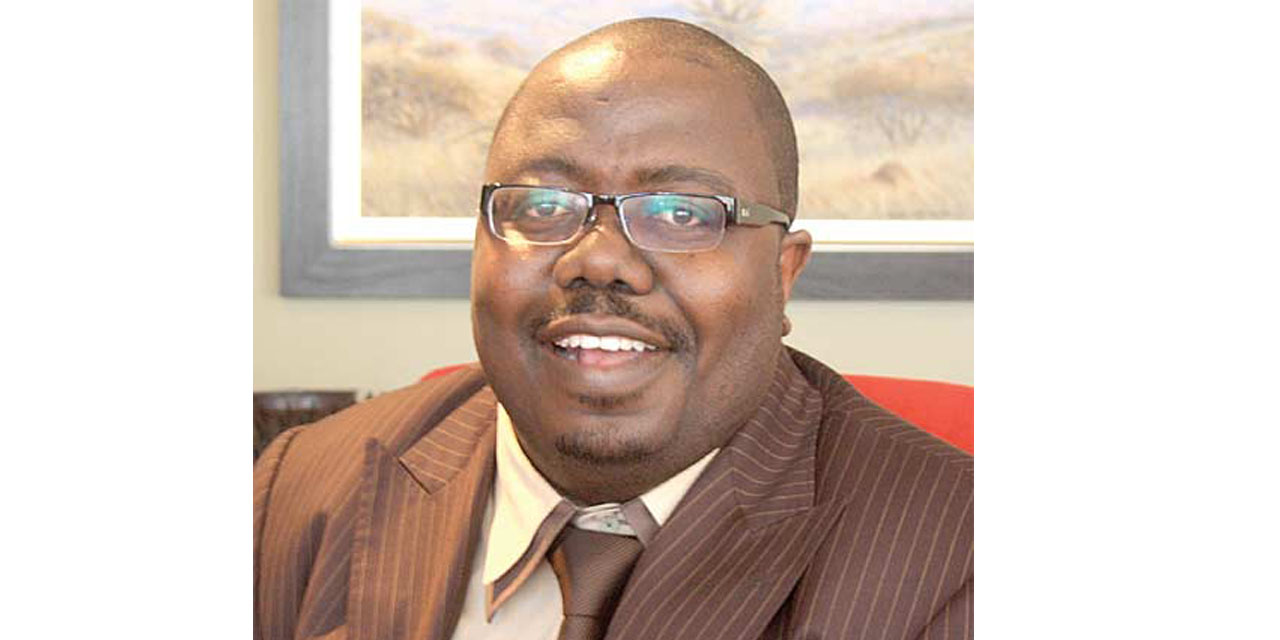Niël Terblanché
The Namibia Statistics Agency (NSA) launched the pilot phase of the Namibia Household Income and Expenditure Survey (NHIES) last week.
The NSA’s Statistician-General, Alex Shimuafeni in a statement said the survey is the beginning of an extensive data-gathering exercise that aims to shed light on the financial dynamics of Namibian households.
Shimuafeni indicated that the pilot survey, which will run until 20 October, will be conducted in the Erongo, Hardap, Kavango West, Khomas, Kunene, Omaheke, Omusati, and Zambezi regions.
“The primary goal of this phase is to test the NSA’s readiness for the full survey, scheduled to begin in March 2025 and continue until March 2026,” he said.
According to Shimuafeni, 32 field interviewers have been recruited for this pilot phase and sworn to uphold the confidentiality of respondents in line with the Statistics Act (No. 9 of 2011).
“The success of the NHIES relies heavily on the willingness of citizens to provide accurate information about their income and expenditure patterns,” he added.
According to Shimuafeni, the NHIES, which typically takes place every five years, plays a vital role in collecting data on household income, expenditure, and poverty levels across the country.
However, the last survey was delayed for a decade due to the COVID-19 pandemic and financial constraints.
“This survey is essential for updating national economic statistics, informing government policies, and helping track socio-economic challenges, including poverty and inequality,” he said.
According to Shimuafeni, the data collected through the NHIES will contribute to a range of critical national statistics, including the compilation of the national basket of goods used to calculate inflation, as well as updating prices and rebasing both national accounts and the Consumer Price Index (CPI).
He added that the full survey, scheduled from March 2025 to March 2026, will involve more than 10 000 households from all 14 regions of Namibia.
“To ensure accuracy, the NSA will employ both digital and manual data collection methods. These include computer-assisted personal interviews (CAPI) using tablets to capture household demographics, and daily record books (DRBs) where respondents will log their daily purchases of food, beverages, and other essential items,” he said.
According to Shimuafeni, one of the main objectives of the NHIES is to provide essential socio-economic indicators that can inform planning and policy formulation.
He stressed the need for public cooperation to ensure the success of the survey, which will also help assess Namibia’s economic transformation and labour force participation.
Shimuafeni added that the government has allocated N$94 million for the entire survey, with N$43 million dedicated to the pilot phase for logistics, training, and other related costs.
“The NSA plans to recruit an additional 147 field workers for the main survey next year, ensuring adequate coverage across the country,” he said.
According to Shimuafeni, the NHIES is instrumental in supporting Namibia’s socio-economic development by providing the government with the data necessary to monitor poverty, assess income distribution, and develop effective policies to address economic disparities.




